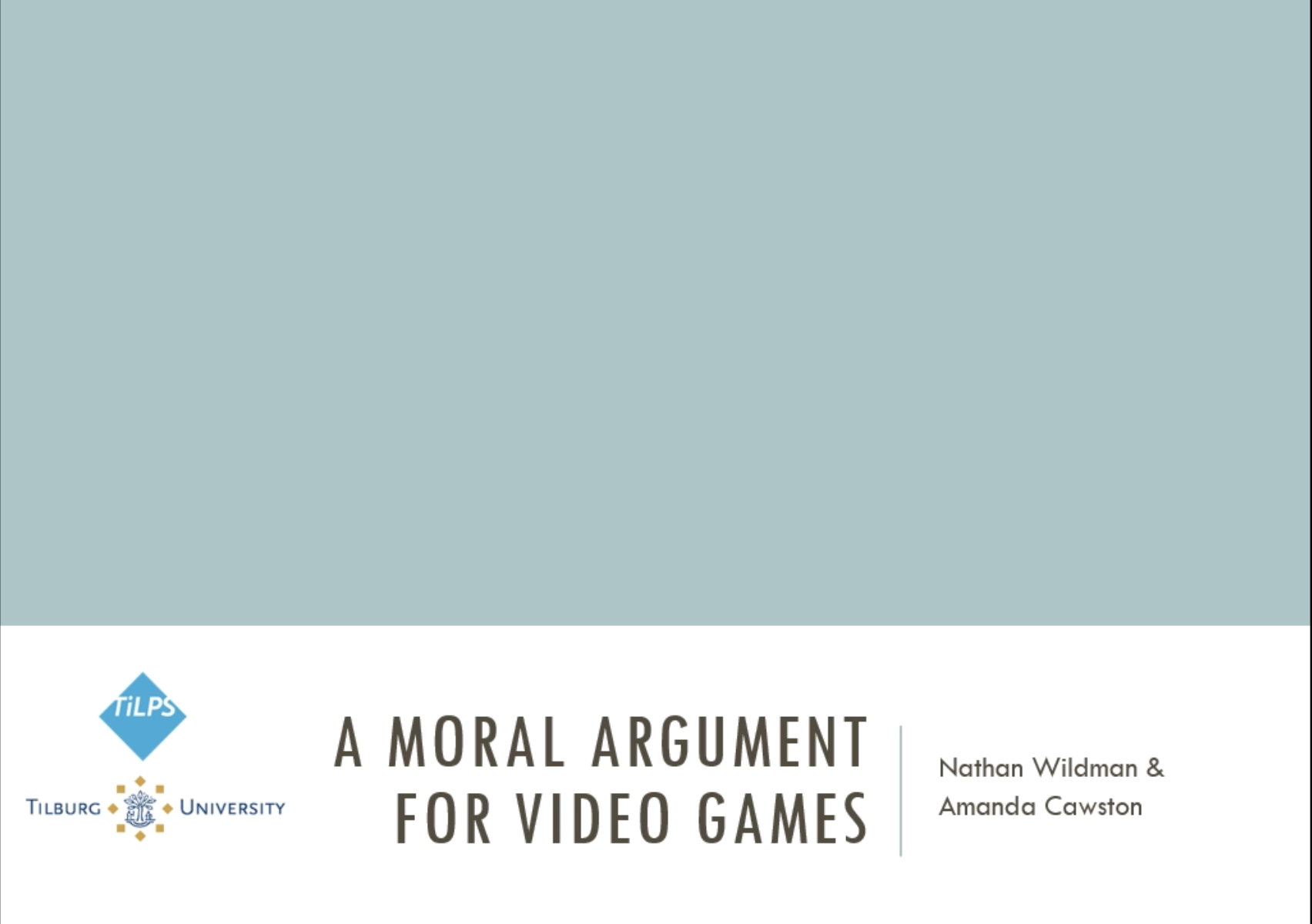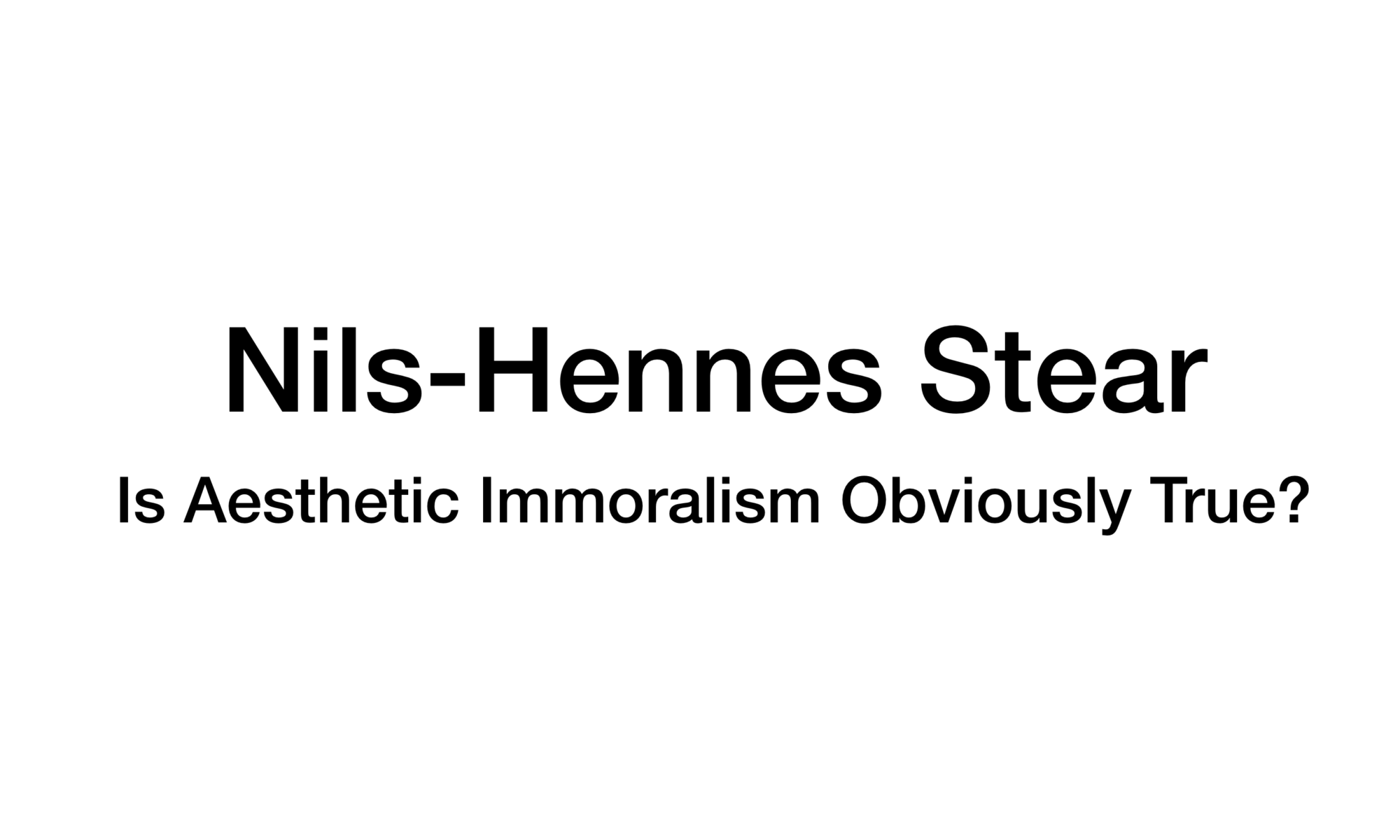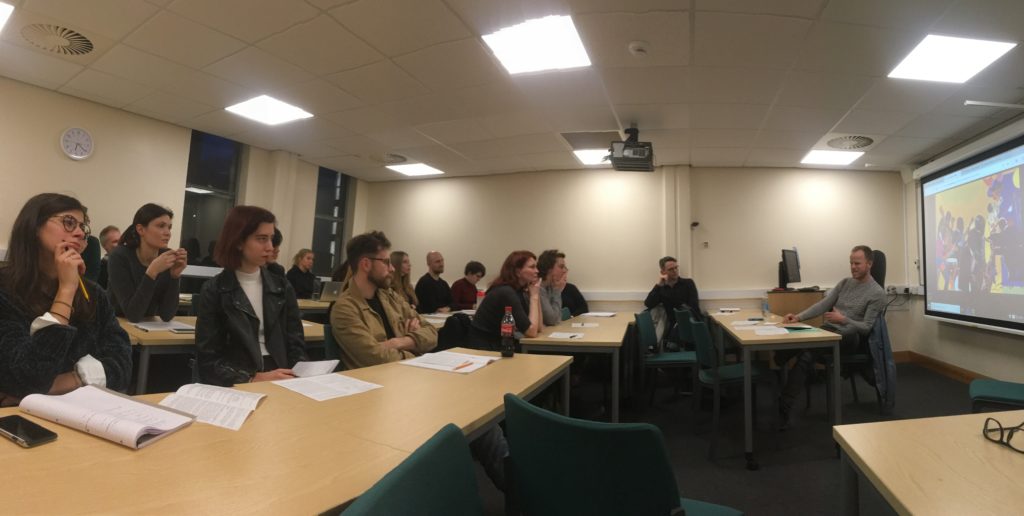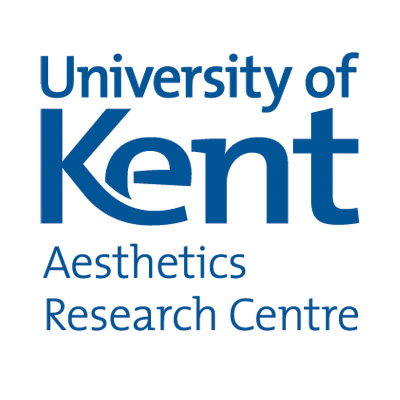Nathan Wildman, Tilburg University
Wednesday 22nd January 2020, 5pm in Darwin Lecture Theatre 2 (DLT2), University of Kent
Abstract
Many have offered various moral objections to video games, with various critics contending that they depict and promote morally dubious attitudes and behaviour. However, few have offered moral arguments in favour of video games In this paper, I develop one such positive moral argument. Specifically, I argue that, when it comes to some ethical knowledge, video games offer the only morally acceptable method for acquiring such knowledge. Consequently, we have (defeasible) moral reasons for creating, distributing, and playing certain, morally educating video games.







